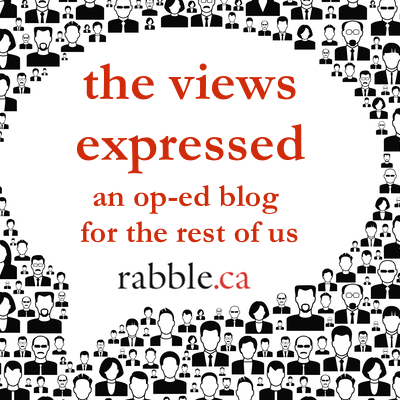Editor’s note: Jennifer Dales has written this piece as a follow up to her piece on facebook and privacy, Facebook privacy is a joke: How Edward Snowden changed my online habits.
It used to be that love letters were written on paper, sealed in an envelope and sent through the mail. These letters were private, and it was illegal to open them, unless you were the recipient. Otherwise you needed a warrant, signed by a judge.
Before the Internet, looking into private lives was a difficult thing to do. It took stealth and skill, or a police warrant.
Now spy agencies liken our private lives, our loves, to a haystack, in which, we are assured, criminals and terrorists lurk. Our expressions of love, our most intimate moments, are piled up like so many strands of hay, where they are picked through by security intelligence services, looking for disturbances in the patterns of our communications.
We live, more and more, online: placing photos of our children, friends and lovers, correspondence, essays, commentary, even financial and work-related documents on Google docs, Dropbox, blogs, tumblr, Facebook, Twitter, YouTube — the list goes on and on.
Edward Snowden has spoken about love, moving strangely far from the abstract, technical and political discourse he usually engages in: “It may be that…by waiting and passing judgment over every association we make and every person we love, that we could uncover a terrorist plot… But is that the kind of society we want to live in?”
The online world is deeply penetrated by commercial and security interests, but also by images and stories of our loves, joys and sorrows — all the things we have done that will never come to pass again. These stories drift behind us, like mist in the electronic ether.
I have often heard the refrain that it doesn’t matter if everything we say and do online is collected. If we have done nothing “wrong,” we have nothing to fear. But would you willingly invite advertisers, data collectors and spies into your home to watch you take a shower or play with your children, because you’re “innocent” and have nothing to hide?
You may lock down your Facebook profile, but photos of your children can be collected by advertisers. You might turn off the GPS on your phone, but each time it communicates with a cell tower, your location is mapped, collected and used to find you in your past, present and future.
Knowing this, I tried withdrawing from Facebook. I closed down my profile, deleted all my connections and downloaded the hundreds of photos I had put online to a hard drive in my basement. But then I could no longer converse with friends in distant countries, or spontaneously meet up a friend in another city, because he knew I would be there when I said so on Facebook.
Once enough people join a social media platform, it exerts a gravitational pull that is hard to resist.
So, I created another Facebook account; an open profile with no “security” settings. Anything I reveal there can be seen by anyone.
It’s not as much fun this way. I miss posting photos of my holidays or capturing and sharing spontaneous acts using my camera phone. I have fewer online discussions that expose personal information.
To share photos and other files, I subscribe to SpiderOak, an encrypted, zero-knowledge online storage service, where you can upload information as you would with Dropbox, and share it selectively, whenever you want.
My email is now Hushmail — it costs actual money, but there is no advertising or data mining, and since it’s encrypted, it’s more difficult for spies to get into, should they wish.
The availability of these services suggests there is a hunger for something better. ello.co has tens of thousands of users clamoring for invitations to join this alternative to Facebook.
But even though I use services that support online security, my efforts to maintain a presence online while keeping some shred of a private life are probably futile.
But it’s the principal of the thing. I should be able maintain a creative, intimate personal life online.
Ed Snowden was reputed to keep a copy of his country’s constitution on his desk at work, but I think he risked everything for love. He knows that if expressions of love, creativity and friendship cannot flourish online, we aren’t free and secure.
We are paying a heavy price for giving away our privacy. It’s changing the tenor of our relationships. More and more, we look over our shoulders, wondering who is watching. We are constantly exposed.
It’s time to stop thinking our loss of privacy doesn’t matter. Without it, we have no democracy or individual freedom.
It’s time to stop paying with the geld of our personal information for free social media, email and storage. Reward responsible companies by paying to use their online services.
Kick the marketers and spies out of your living room. Do it for your friends and loves.
Jennifer Dales is a writer living in Ottawa. She writes about art, science, politics and privacy. Her work has appeared in the Canadian Medical Association Journal, Arc: Canada’s National Poetry Magazine, rabble.ca and The Danforth Review. Her poetry has appeared in several journals, including Prairie Fire and Arc. She’s interested Aboriginal politics and issues related to online privacy. She blogs at marchwinds.wordpress.com and tells stories at cowbird.com/marchwinds.



